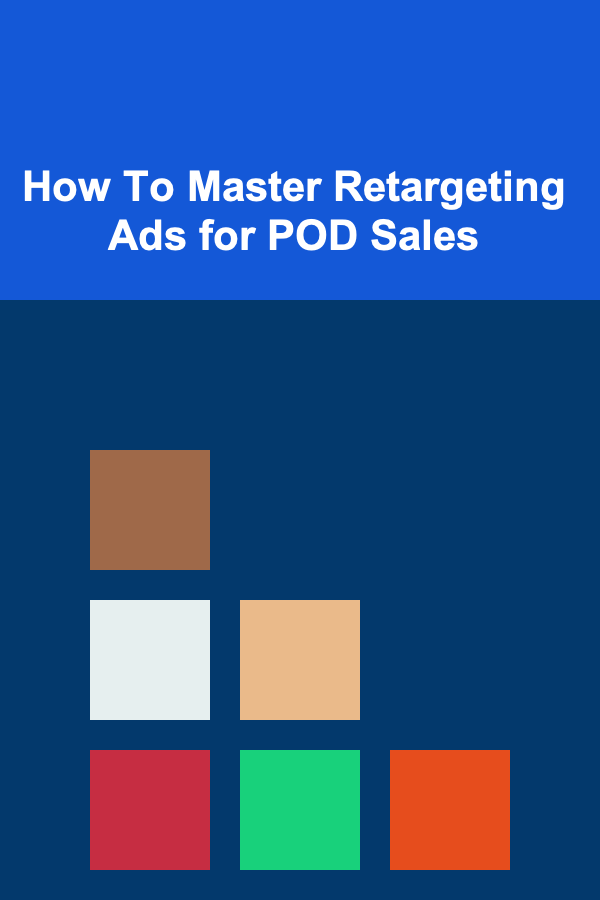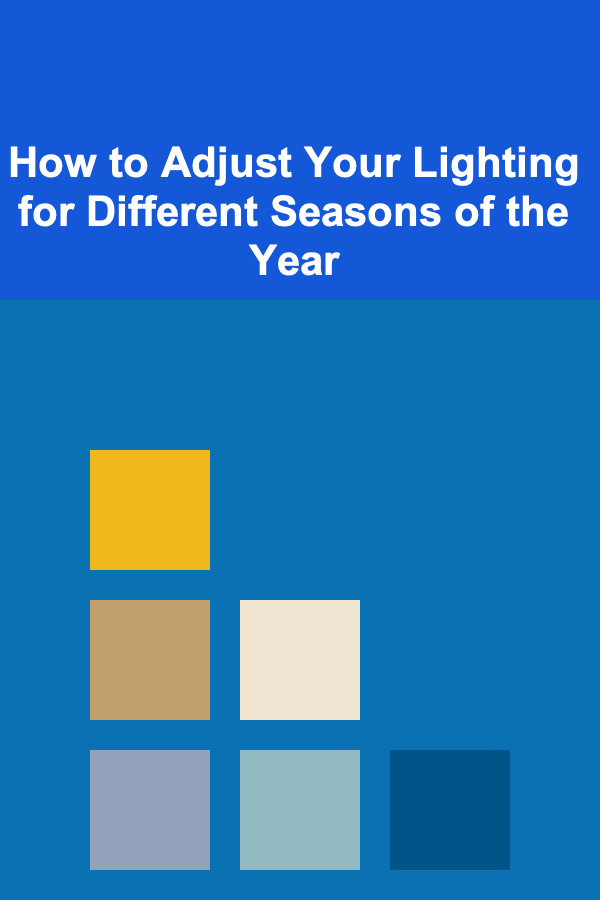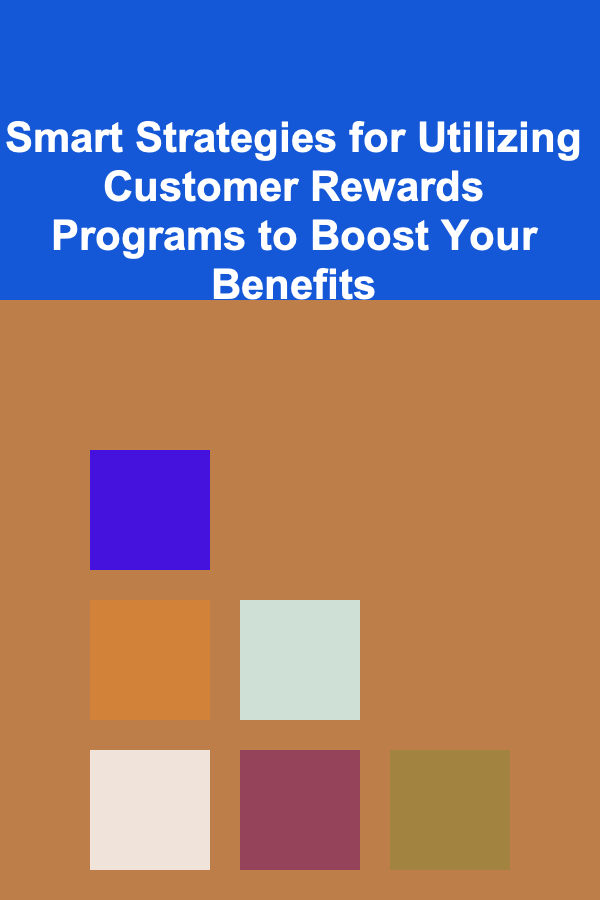
How To Master Retargeting Ads for POD Sales
ebook include PDF & Audio bundle (Micro Guide)
$12.99$11.99
Limited Time Offer! Order within the next:

In today's highly competitive e-commerce landscape, print-on-demand (POD) businesses face the challenge of effectively reaching and converting customers. One of the most powerful marketing strategies to boost conversions is retargeting ads. Retargeting ads allow businesses to re-engage potential customers who have interacted with their brand or products but haven't made a purchase yet. When implemented correctly, retargeting ads can significantly improve sales, particularly in the context of POD, where customer loyalty and brand recognition are essential.
This article delves into how to master retargeting ads for POD sales. We will explore the concept of retargeting, how it works in the POD business, best practices for designing retargeting campaigns, common mistakes to avoid, and advanced strategies to optimize your efforts. By the end of this guide, you'll have a comprehensive understanding of how to use retargeting ads effectively to scale your POD business.
What is Retargeting and Why is it Important for POD Sales?
Understanding Retargeting Ads
Retargeting ads, also known as remarketing ads, are a form of online advertising that targets users who have already visited your website, interacted with your social media profiles, or taken specific actions such as adding products to their cart or viewing a product page. The idea behind retargeting is simple: the customer has shown interest, but for some reason, they didn't complete the purchase. Retargeting ads remind them of your brand and products and encourage them to return and finalize their decision.
In the context of POD sales, where products are made to order and customers might be drawn to unique, personalized items, retargeting can make all the difference. A potential customer might visit your site, explore custom-designed apparel, mugs, or other products, but leave without making a purchase. Retargeting ads ensure your products stay top of mind, and they give you a second chance to convert that visitor into a paying customer.
The Power of Retargeting for POD Businesses
In POD, customer conversion rates are often low due to the nature of the business. Visitors may browse your designs, but they are not yet committed to making a purchase. Retargeting ads provide a strategic opportunity to nudge those visitors back to your site. By targeting people who have already expressed interest, you improve the likelihood of conversion because:
- Brand Recall: Retargeting keeps your brand in front of potential customers, increasing the chances they will make a purchase at a later time.
- Increased Conversion Rates: Since these visitors are already familiar with your products, they are more likely to convert.
- Cost Efficiency: Retargeting allows you to focus your ad spend on individuals who have already shown interest, leading to a higher return on investment (ROI).
- Segmentation: You can target specific actions or behaviors, tailoring your messaging to different customer segments. For example, a user who added items to their cart but didn't check out can receive a different ad than someone who only viewed a product.
Retargeting Ads and Their Role in Customer Journeys
Understanding the customer journey is crucial for effectively using retargeting ads in POD sales. The journey typically starts when a potential customer first learns about your POD brand, either through search engines, social media, or advertisements. If they visit your website, they enter the consideration stage, where they browse your offerings. However, many visitors leave the website without completing a purchase. Retargeting ads aim to bring these visitors back into the funnel, moving them closer to the decision-making stage and ultimately converting them into customers.
How Retargeting Ads Work: A Step-by-Step Guide
To master retargeting ads, it's essential to understand the mechanics behind them. Here's a step-by-step breakdown of how retargeting works:
1. Tracking User Activity
Retargeting ads rely on tracking user behavior on your website. To start, you need to install a tracking pixel or code snippet from your advertising platform (such as Facebook, Google, or Instagram) on your website. This pixel tracks the actions users take on your site, such as:
- Page views
- Product views
- Adding items to the cart
- Completing a purchase
This tracking code is essential for gathering the data needed to identify and segment users for retargeting ads.
2. Segmenting Your Audience
Once you've collected data from the tracking pixel, the next step is to segment your audience based on specific behaviors. For instance, you can create different audiences for users who:
- Viewed a product but didn't add it to their cart.
- Added a product to their cart but didn't complete the purchase.
- Purchased once but haven't returned for repeat business.
Each of these segments requires a different retargeting strategy. By personalizing the ads for each segment, you increase the chances of converting users at each stage of the buying cycle.
3. Creating Your Retargeting Ads
When designing retargeting ads, it's essential to align the messaging with the customer's position in the sales funnel. Here's how you can tailor your ads for different audience segments:
- For Product Viewers: Display ads showing the product they viewed, including special offers or discounts. Emphasize the uniqueness of your POD items, such as custom designs or limited editions.
- For Cart Abandoners: Remind them of the product they left behind, and include an incentive like a discount or free shipping to encourage them to complete the purchase.
- For Repeat Visitors: Offer them a reason to return, such as showcasing new products, limited-time sales, or special promotions.
4. Choosing the Right Platform
Retargeting ads can be run across multiple platforms. The most popular ones for POD businesses include:
- Facebook and Instagram Ads: These platforms are great for visually-driven businesses like POD, as they allow you to display attractive images of your products. The visual nature of these platforms makes them ideal for showcasing personalized items.
- Google Ads: Google's display network allows you to retarget visitors across various websites they visit, which can increase brand exposure.
- Pinterest Ads: Since Pinterest is often used for inspiration, it's a great platform for POD businesses to reach users who are in the idea-gathering phase of their purchase journey.
Each platform has its unique advantages, and selecting the right one depends on your target audience and marketing goals.
5. Budgeting for Retargeting Ads
Setting a budget for your retargeting campaigns requires careful consideration. Retargeting is often more cost-effective than other types of advertising because you are focusing on users who are already familiar with your brand. However, you still need to allocate enough resources to ensure your ads reach a broad enough audience.
Start with a small budget and gradually increase it as you test different ad creatives and strategies. Monitor the performance of your campaigns and adjust your budget based on which ads yield the best results.
6. Analyzing and Optimizing Your Retargeting Campaigns
The final step in mastering retargeting ads is analyzing their performance and continuously optimizing them. Use the analytics tools provided by your advertising platforms to track metrics such as:
- Click-through rates (CTR)
- Conversion rates
- Cost per acquisition (CPA)
- Return on ad spend (ROAS)
Based on this data, you can tweak your ads, audience segments, and budget allocation to improve your campaigns' overall effectiveness. Regularly testing different creatives, offers, and targeting strategies will help you refine your approach and maximize your ROI.
Best Practices for Retargeting Ads in POD Sales
To make the most of your retargeting efforts, here are some best practices to follow:
1. Create Compelling Ad Copy and Visuals
Since POD products are often visually driven, your retargeting ads should focus on showcasing the uniqueness and quality of your designs. Use high-quality images, videos, and graphics that highlight your products' key features. Pair these visuals with persuasive ad copy that addresses the customer's pain points, whether it's offering a discount or emphasizing the exclusivity of your designs.
2. Use Urgency and Scarcity
Incorporate urgency or scarcity into your retargeting ads to drive immediate action. Phrases like "limited time offer" or "only a few left in stock" can create a sense of urgency, encouraging users to act before they miss out.
3. Test Different Ad Variations
Run multiple ad creatives with slight variations in the messaging, images, and offers. A/B testing is crucial for identifying which combinations resonate best with your audience. For example, you might test different call-to-action (CTA) buttons, colors, or ad formats.
4. Leverage Dynamic Retargeting Ads
Dynamic retargeting ads automatically show the exact products that users viewed on your site. This ensures that the ad is highly relevant to the user's interests, making it more likely to convert. Dynamic ads can be used on platforms like Facebook and Google and provide a seamless experience for the user.
5. Maintain Frequency Control
While retargeting is effective, you must be mindful of ad frequency. Showing the same ad too many times can lead to ad fatigue, where users stop paying attention to your ads altogether. Set frequency caps to control how often a user sees your ad, ensuring it remains fresh and engaging.
6. Incorporate Customer Reviews and Testimonials
Social proof is a powerful motivator. Consider incorporating customer reviews or testimonials into your retargeting ads. This can help build trust and credibility, making it more likely that a potential customer will follow through with a purchase.
Common Mistakes to Avoid in Retargeting Ads for POD Sales
Even with the best strategies in place, some common mistakes can hinder the effectiveness of your retargeting ads. Here are a few to watch out for:
1. Overlooking Mobile Optimization
Many users browse and shop on mobile devices. Ensure your retargeting ads are optimized for mobile, with fast-loading pages and mobile-friendly designs. Failure to do so can result in a poor user experience and lower conversion rates.
2. Ignoring User Experience
Retargeting ads should seamlessly lead users back to a relevant landing page on your website. If a user clicks on an ad and is taken to a generic homepage instead of the product page they viewed, the experience feels disjointed, and the chances of conversion decrease. Always direct users to a specific, relevant page.
3. Targeting Too Broad of an Audience
Retargeting is most effective when you focus on users who have already shown interest in your products. Avoid casting too wide of a net with your targeting. Instead, use granular segmentation to tailor your messaging and offers to specific user behaviors.
4. Not Using Enough Creative Variations
Retargeting ads can become repetitive if you only use one ad creative for all users. Be sure to test multiple variations to keep things fresh and appealing. This helps maintain engagement and prevents ad fatigue.
Advanced Retargeting Strategies for POD Sales
Once you've mastered the basics of retargeting ads, here are a few advanced strategies to take your campaigns to the next level:
1. Upselling and Cross-Selling
After a customer has made a purchase, you can use retargeting ads to offer complementary products. For example, if someone buys a custom mug, you can show them ads for matching t-shirts or other personalized items. Upselling and cross-selling are great ways to increase your average order value (AOV).
2. Use Sequential Retargeting
Sequential retargeting involves showing users a series of ads that guide them through the sales funnel. For example, after showing a product ad, you might follow up with a discount offer, and then an ad with social proof or testimonials. This approach helps maintain interest and nudges users toward making a purchase.
3. Remarket to Previous Customers
Retarget your existing customers with new products or special offers. Since they have already made a purchase, they are more likely to return for future purchases. Offering loyalty discounts or exclusive product launches can encourage repeat business.
Conclusion
Mastering retargeting ads for POD sales is an essential strategy to boost conversions and grow your business. By understanding the mechanics of retargeting, segmenting your audience, designing compelling ads, and continually optimizing your campaigns, you can create a powerful advertising strategy that drives repeat visitors and ultimately increases sales.
Remember to test, refine, and adjust your strategies based on performance data. With the right approach, retargeting ads can be a game-changer for your POD business, enabling you to convert more visitors, increase customer loyalty, and maximize your return on investment.

How to Adjust Your Lighting for Different Seasons of the Year
Read More
How to Master Robot Actuators and Motors
Read More
How to Save Money on Everyday Expenses
Read More
How to Train Your Pet for Better Behavior and Bonding
Read More
Smart Strategies for Utilizing Customer Rewards Programs to Boost Your Benefits
Read More
Mastering Mess-Free Fluid Changes: A Comprehensive Guide to Using Funnels and Drain Pans
Read MoreOther Products

How to Adjust Your Lighting for Different Seasons of the Year
Read More
How to Master Robot Actuators and Motors
Read More
How to Save Money on Everyday Expenses
Read More
How to Train Your Pet for Better Behavior and Bonding
Read More
Smart Strategies for Utilizing Customer Rewards Programs to Boost Your Benefits
Read More